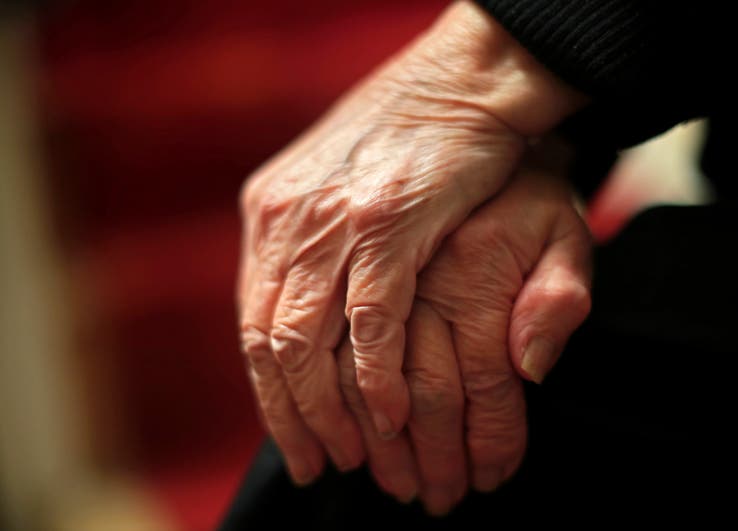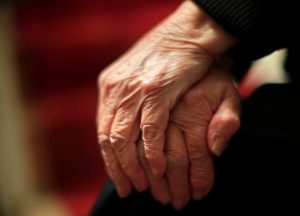Fewer dementia patients received their annual care review in Brighton and Hove last year, according to official figures.
NHS guidance requires that dementia patients’ mental and physical wellbeing should be reassessed in a face-to-face review every 12 months.
Dementia patients tend to be more likely to suffer from depression and less likely to report physical problems.
And the Alzheimer’s Society warned that outdated care plans could place greater strain on hospital accident and emergency (A&E) departments and ambulance services.
The charity said that outdated care plans left patients with dementia at higher risk of being taken to hospital for issues that could have been prevented with good care, such as falls and infections.
In Brighton and Hove 343 dementia patients had their care plan reassessed in the 2020-21 financial year, or 19 per cent of those with a diagnosis.
The figure for the year to the end of last March was a sharp drop from 2019-20 when 70 per cent of patients received a dementia care review.
Across England, the proportion of those receiving a care review dropped dramatically, from 75 per cent in 2019-20 to 40 per cent last year.
The Alzheimer’s Society’s head of policy Gavin Terry said: “This drastic drop in the number of people with dementia getting their care plans reviewed over the past two years is yet more evidence of just how badly hit they have been by the covid pandemic.
“Despite the best efforts of our brilliant NHS and care staff, people with dementia have seen their routine care continually paused and people with dementia had the highest death rate from covid.”
The figures also showed that, across England, the rate of people living with a dementia diagnosis has also dropped, from 0.79 per cent of those registered with a GP in 2019-20, to 0.71 per cent in 2020-21.
The prevalence among people of all ages across Brighton and Hove was 0.55 per cent in 2020-21, lower than the 0.62 per cent in 2019-20.
The charity called on the government to increase funding to reduce the backlog of people waiting for a formal diagnosis.
Mr Terry said: “We know the pandemic has prevented tens of thousands of people from getting an all-important dementia diagnosis.
“We’re calling for urgent action from the government so people can access the vital support and treatments a diagnosis brings.”
The government said that it was investing £375 million for neurodegenerative disease research – including for dementia – over the next five years.
Some of the research is being carried out by the Centre for Dementia Studies led by Sube Banerjee at the Brighton and Sussex Medical School (BSMS).
Professor Banerjee’s team aim to improve the quality of life of people with dementia and their family carers by improving the quality of treatment and care they receive.

The Centre for Dementia Studies is a joint venture between BSMS and Sussex Partnership NHS Foundation Trust and has a programme of work in applied health research, education and policy in dementia.
The Department for Health and Social Care said: “We want a society where every person with dementia, and their families and carers, receive high-quality compassionate care from diagnosis through to end of life.
“Since the start of the pandemic we have committed over £6 billion to councils to support people and tackle the impact of covid-19 on their services, including adult social care.
“We have also invested an additional £5.4 billon over the next three years to begin a comprehensive reform programme.”










